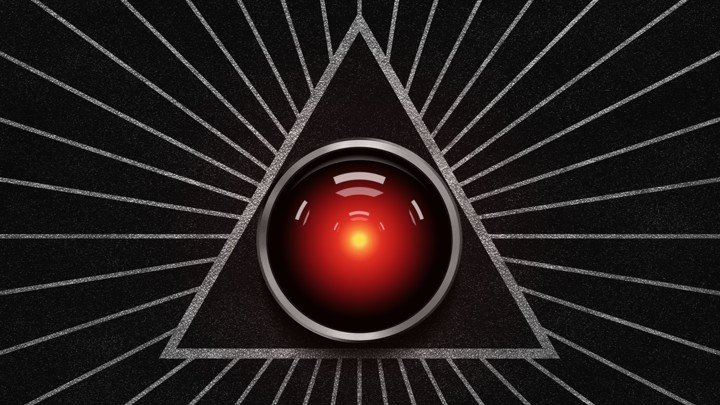
In The Atlantic, Yuval Noah Harari argues that new technological innovations like artificial intelligence, machine learning, and automation are inherently destructive to democracy. These technologies, writes Harari, will not only render millions of workers obsolete, but will make them easier to surveil and control, concentrating economic and political power in fewer and fewer hands. Here’s an excerpt:
Even if some societies remain ostensibly democratic, the increasing efficiency of algorithms will still shift more and more authority from individual humans to networked machines. We might willingly give up more and more authority over our lives because we will learn from experience to trust the algorithms more than our own feelings, eventually losing our ability to make many decisions for ourselves. Just think of the way that, within a mere two decades, billions of people have come to entrust Google’s search algorithm with one of the most important tasks of all: finding relevant and trustworthy information. As we rely more on Google for answers, our ability to locate information independently diminishes. Already today, “truth” is defined by the top results of a Google search. This process has likewise affected our physical abilities, such as navigating space. People ask Google not just to find information but also to guide them around. Self-driving cars and AI physicians would represent further erosion: While these innovations would put truckers and human doctors out of work, their larger import lies in the continuing transfer of authority and responsibility to machines.
Humans are used to thinking about life as a drama of decision making. Liberal democracy and free-market capitalism see the individual as an autonomous agent constantly making choices about the world. Works of art—be they Shakespeare plays, Jane Austen novels, or cheesy Hollywood comedies—usually revolve around the hero having to make some crucial decision. To be or not to be? To listen to my wife and kill King Duncan, or listen to my conscience and spare him? To marry Mr. Collins or Mr. Darcy? Christian and Muslim theology similarly focus on the drama of decision making, arguing that everlasting salvation depends on making the right choice.
Image via The Atlantic.